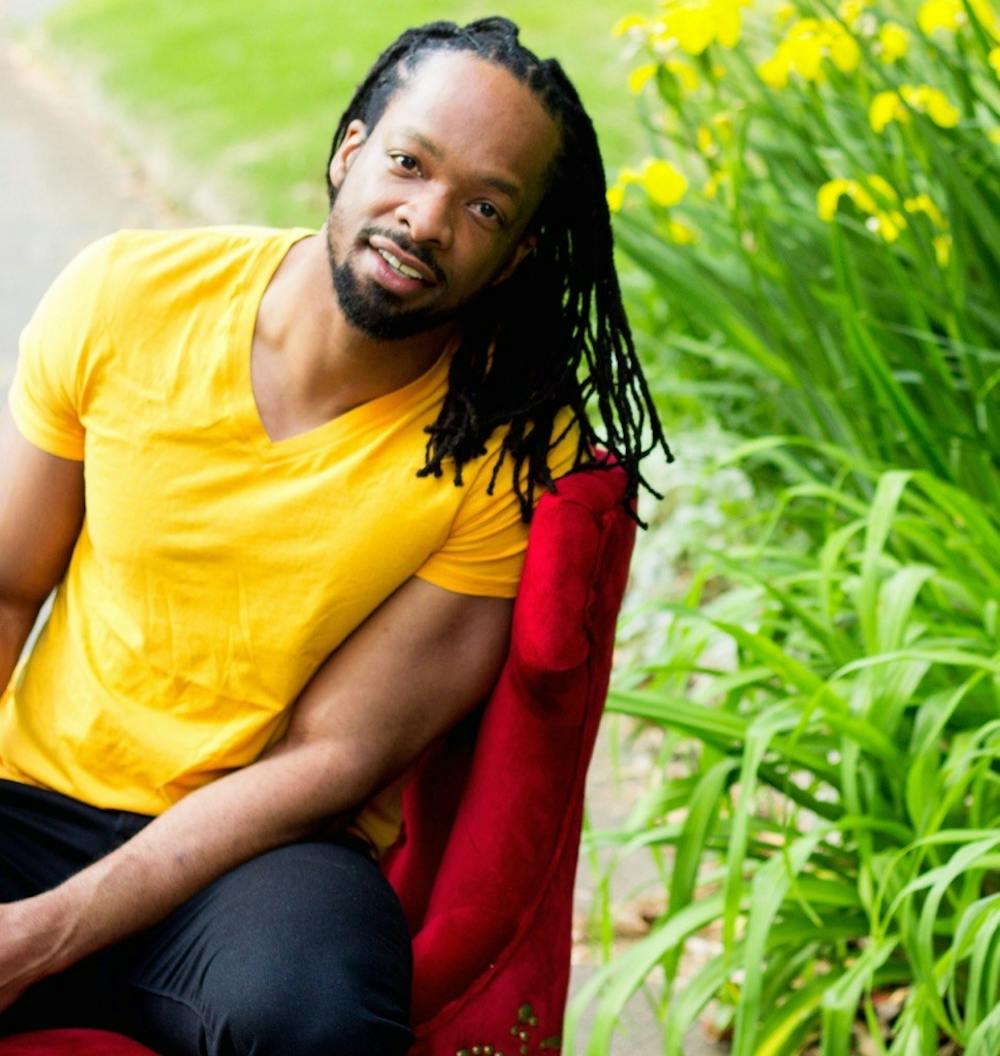The MacArthur Fellows Program has quite the exclusive list of only 22 “exceptionally creative people” who receive a generous grant of $800,000 each year. The winners include performing and visual artists, writers, scientists, historians, activists and filmmakers — and Interim Director of Creative Writing Jericho Brown.
Charles Howard Candler Professor of English and Creative writing Tayari Jones said she was delighted but not surprised by Brown winning the MacArthur Fellowship grant.
“He has been a shining star ever since he wrote his very first book,” Jones said, “It's very encouraging to everyone to see someone who is as talented and hardworking as Dr. Brown, to see him being rewarded in this public way.”
While Brown works as an English and creative writing professor during the day, he is a poet by nature. Brown’s poetry explores themes of identity and race with an intimate and lyrical style. The medium reflects the importance he finds in writing.
“I always placed a large value on the word and the power of the word, and because I knew that words had so much power, it was a power I always wanted to wield,” Brown said. “I remember being a kid and watching little TV shows, sitcoms, and thinking, ‘Wow somebody wrote that, and it made me laugh.’ And I was thinking who wrote it was the person to really be thanked for what I was enjoying.”
Brown has explored the power of words primarily in poetry, utilizing his lyrical ability as a strength. In Brown’s most recent book, “The Tradition” (2019), he incorporated duplex poems, a poetic form he coined himself. Duplex poems are composed of seven couplets with nine to 11 syllables per line.
“That form is out there in the world, and … plenty of poets are making use of it,” Brown said. “I'm happy about that, because whatever you do, you want to make a contribution.You want some sense, some feeling, that you've given to whatever it is that you love.”
Brown incorporates this perspective into his instruction by teaching form and structure, providing his students with a framework to express their authenticity in the world — giving back to poetry in his everyday life.
“I also think about ways to think about one's own thinking and one's own growth — ways to encounter surprise in life, ways to encounter and deal with life's sadnesses, one's own rage,” Brown said. “Those are the kinds of things that I'd like for my students to learn. I also want my students to understand originality and specificity. … Part of what I’m asking for in my classes is that students be original and that they say things in ways that have never been said before.”
The approach to teaching creative writing at Emory University, spearheaded by Brown and Jones, cannot be ignored when thinking about Emory’s No. 12 spot on the 2025 U.S. News and World Report’s “Writing in the Disciplines” ranking.
“Most of our creative writing classes are structured in the workshop manner, which means that we rely heavily on the workshop model and we rely heavily on peer critique,” Jones said. “So the students submit their work and … the student’s work is the bulk of what we're discussing.”
Oxford College professors have also begun implementing this teaching style, with Adjunct Instructor of Creative Writing Margaret Fancher describing her classes similarly.
“For these Intro to Creative Writing students, it's to be able to share their work, maybe for the first time with someone else, and feel that they're having both a useful, practically, and a fulfilling emotional experience of ‘I'm a good writer and I'm also a good reader,’” Fancher said.
Brown and Emory’s creative writing department teach mechanisms for facing the world with confidence and originality. Classes transcend the nominal nature of fulfilling another credit and highlight the need to have a more open worldview.
“We have to be reminded of the fact of our empathy and that the position of empathy is actually the normal position,” Brown said. “We are often surprised to see it these days, and yet I appreciate its presence on Earth. Poems get us there. Poems teach vulnerability and teach intimacy.”










